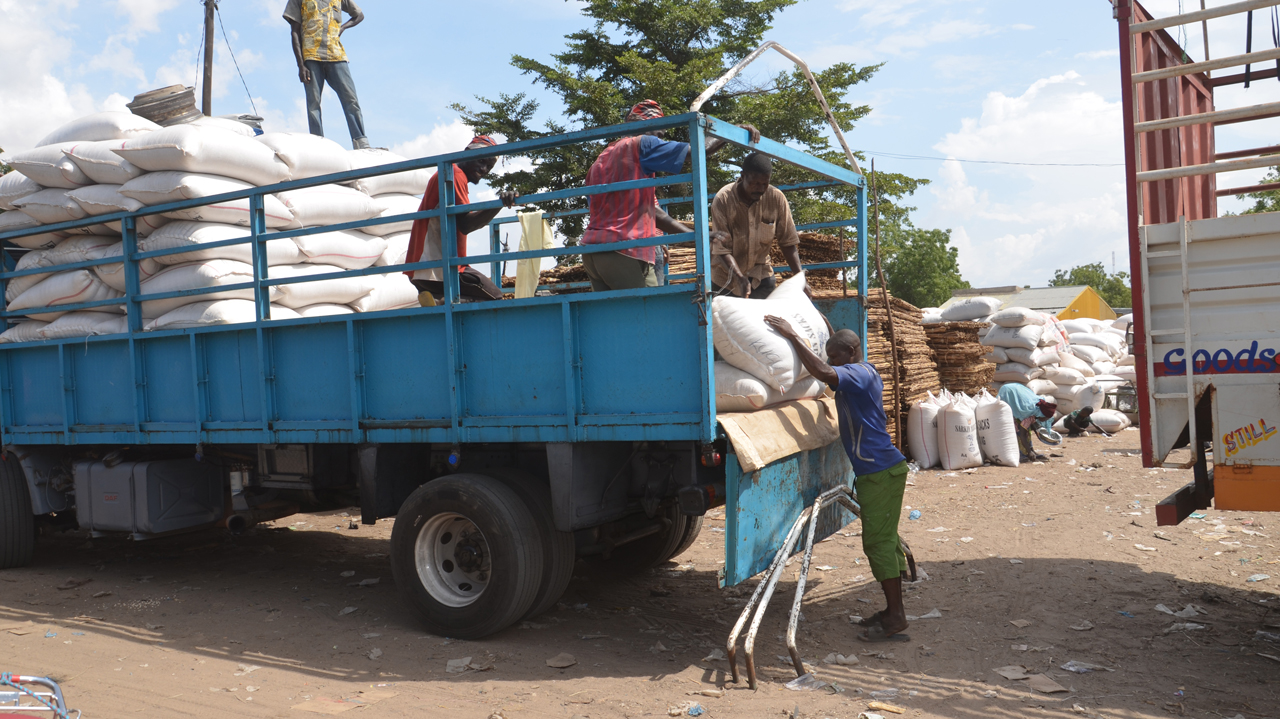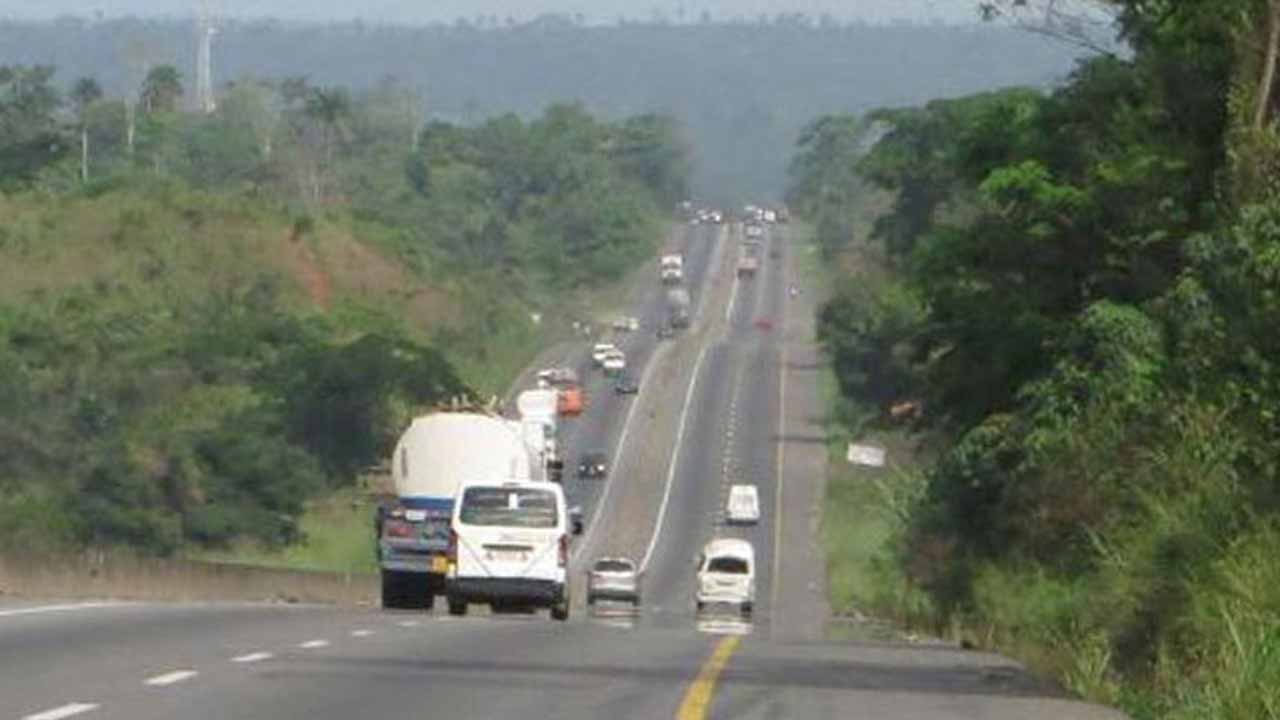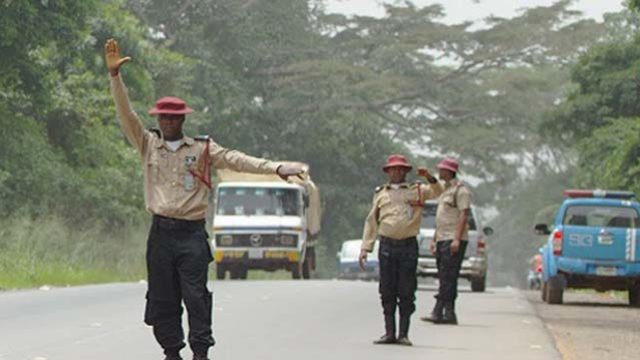
The Economic Community for West African States (ECOWAS) has reiterated that the Abidjan-Lagos Corridor highway would enhance intra-regional trade among the five countries and across Africa.
Acting Director, Directorate of Transport, Department of Infrastructure, Energy and Digitalisation, ECOWAS Commission, Chris Appiah, speaking in Lagos at the Experts Committee Meeting, noted that the highway project has a component on spatial development initiatives, which seeks to include economic development projects within the scope of influence of the highway to enhance the traffic and economic growth of the highway.
“So, under the spatial development initiatives, we have projects in tourism and manufacturing; we will have major manufacturing hubs along the corridor.
“Now, the product chain for industrialisation is also being considered. We know Cote d’Ivoire for instance is very strong in agriculture. We also intend to develop a chain right from the farms of Cote d’Ivoire to industrial zones that will be created along the corridor. We will add value to our raw materials and sell to the 400 million population that we have in the region. So, this is an economic development project, not just a road project,” he said.
While expressing gratitude over the level of commitment from member states and the integrated nature of the project, he added that AfDB, ECOWAS and the European Union have provided funding for the technical studies.
Speaking on the concern of the duration of the technical studies, Appiah said it was important to ensure the project speaks to the peculiar nature of the terrain, the appropriate route is followed and to prevent badly prepared projects.
“Our projections on the timeline of 2026 to commence construction have already considered the availability of funding and the modalities we will use to mobilise the needed finances for this.
We are relying a lot on public-private partnership to construct the highway, and I can assure you that there are a lot of private financiers, who are waiting for us to complete the technical studies,” he added.
Deputy Director, Highway Planning, Federal Ministry of Works, Nigeria, and Chairman, Experts Committee Meeting for the Abidjan-Lagos Highway Project, Ebere Izunobi, said that the meeting is in preparation for the ministerial meeting, which would be held later in the week.
“This meeting deliberates on the progress of the project so far where experts from all the member countries examine and review what was done in the last phase and produce a report for the ministers who would decide on the way forward. The ministers would in turn review what has been done and look at the recommendations to either approve or tell us what to do next,” he said.
On the costing of the project, he said that after the final design, the bill of quantities, engineering measurements and evaluation would be used to estimate the cost.
Explaining the steps of the project, he said: “We started with the harmonisation of standards. This corridor is going through five different countries, which have different standards. So, first of all, we have to harmonise it so that it is going to work as a homogeneous corridor whereby all the designs will be the same parameters from Abidjan straight to Lagos. The harmonisation was then provided to the consultants to do the design,” he said.
He, however, noted that the project considered environmental challenges and made provisions not to destroy natural habitats and construct a climate-resistant infrastructure that would last over 100 years.
He stated that the highway project aimed to achieve a seamless movement between the five countries, which would promote commerce.
“This project is trying to encompass special development initiatives. We are trying to establish some industrial clusters, and business hubs whereby countries that have comparative advantage can produce goods and trade them through the corridor across West Africa.
“So, the economic progress or the economic gain of this project is very big and that is why the heads of the countries insisted that it is important to do this project and they are following it up to make sure it is successful,” Izunobi said.






